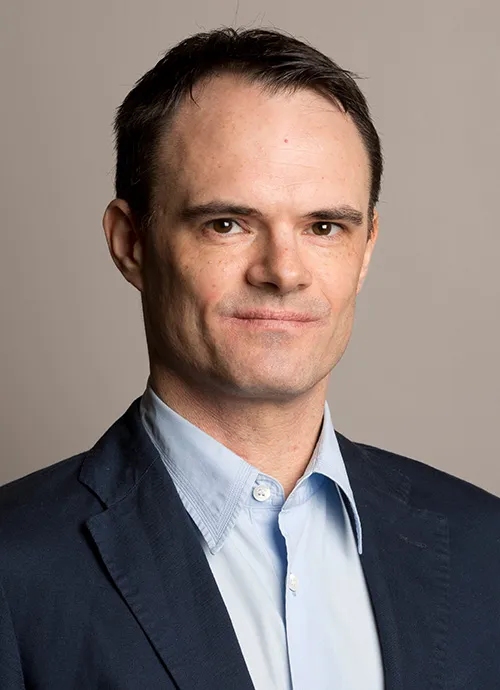Political Scientist Dominic Tierney on Why America Doesn't Win Wars Anymore

"It’s time we fundamentally rethink our vision of what war is," says Associate Professor of Political Science Dominic Tierney.
Vox: Why America doesn’t win wars anymore
A month into his presidency, Donald Trump lamented that the U.S. no longer wins wars as it once did.
“When I was young, in high school and college, everybody used to say we never lost a war,” Trump told a group of U.S. governors last February. “Now, we never win a war.”
Dominic Tierney, a professor at Swarthmore College and the author of multiple books about how America wages war, may know the reason why.
He believes the U.S. can still successfully fight the wars of yesteryear — World War-style conflicts — but hasn’t yet mastered how to win wars against insurgents, which are smaller fights against groups within countries. The problem is the U.S. continues to involve itself in those kinds of fights.
...
Alex Ward (AW): So what constitutes victory in war today, and has that changed from the past?
Dominic Tierney (DT): The famous war theorist Carl von Clausewitz argued that war is the continuation of politics by other means. So war is not just about blowing things up — it’s about achieving political goals.
The United States, up until 1945, won virtually all the major wars that it fought. The reason is those wars were overwhelmingly wars between countries. The U.S. has always been very good at that.
But that kind of war has become the exception. If you look around the world today, about 90 percent of wars are civil wars. These are complex insurgencies, sometimes involving different rebel groups, where the government faces a crisis of legitimacy.
The U.S. has found, for various reasons, that it’s far more difficult to achieve its goals in these cases. The three longest wars in U.S. history are Vietnam, Iraq, and Afghanistan — all from recent decades, all these complex types of civil wars.
AW: On its face, this seems to be a paradox: The U.S. can win on the battlefield against a major military force, but we can’t seem to win these smaller wars.
DT: Yes. And even more surprising: It’s when the U.S. became a superpower and created the best-trained, strongest military the world has ever seen, around 1945, that the U.S. stopped winning wars.
The answer to the puzzle is that American power turned out to be a double-edged sword.
The U.S. was so powerful after World War II, especially after the Soviet Union disappeared, that Washington was tempted to intervene in distant conflicts around the world in places like Vietnam, Iraq, and Afghanistan.
We ended up intervening in countries where we had little cultural understanding. To illustrate this, in 2006 — at the height of the Iraq War — there were 1,000 officials in the U.S. embassy in Baghdad, but only six of them spoke Arabic.
In addition, the U.S. military has failed to adapt to this new era of war. The U.S. military has this playbook for success against countries: technology, big-unit warfare, and so on. And when we started fighting insurgents, it was natural that we would turn to that same playbook.
...
AW: Based on this conversation, victory in war seems to be how we define it, or, rather, will it to be. The U.S. sets its victory goals low, but we don’t even meet those lower goals. Why can’t we get over this hump?
DT: We’re still stuck in this view that war is like the Super Bowl: We meet on the field, both sides have uniforms, we score points, someone wins, and when the game ends you go home. That’s not what war is like now. Now there are tons of civilians on the field, the enemy team doesn’t wear a uniform, and the game never ends. We need to know there’s no neat ending.
The costs of this problem have been so catastrophic for the United States, in the form of thousands of military lives and billions of dollars spent. It’s time we fundamentally rethink our vision of what war is.
Read the full article.
Dominic Tierney is associate professor of political science, a senior fellow at the Foreign Policy Research Institute, and a contributing writer at The Atlantic. He is an expert in international politics with particular interest in U.S. foreign policy, public opinion and war, and broader international security issues. He completed his Ph.D. in international politics at Oxford University in 2003 and was a post-doctoral fellow at the Mershon Center at Ohio State University and the Olin Institute at Harvard University before joining the Swarthmore faculty in 2005.



